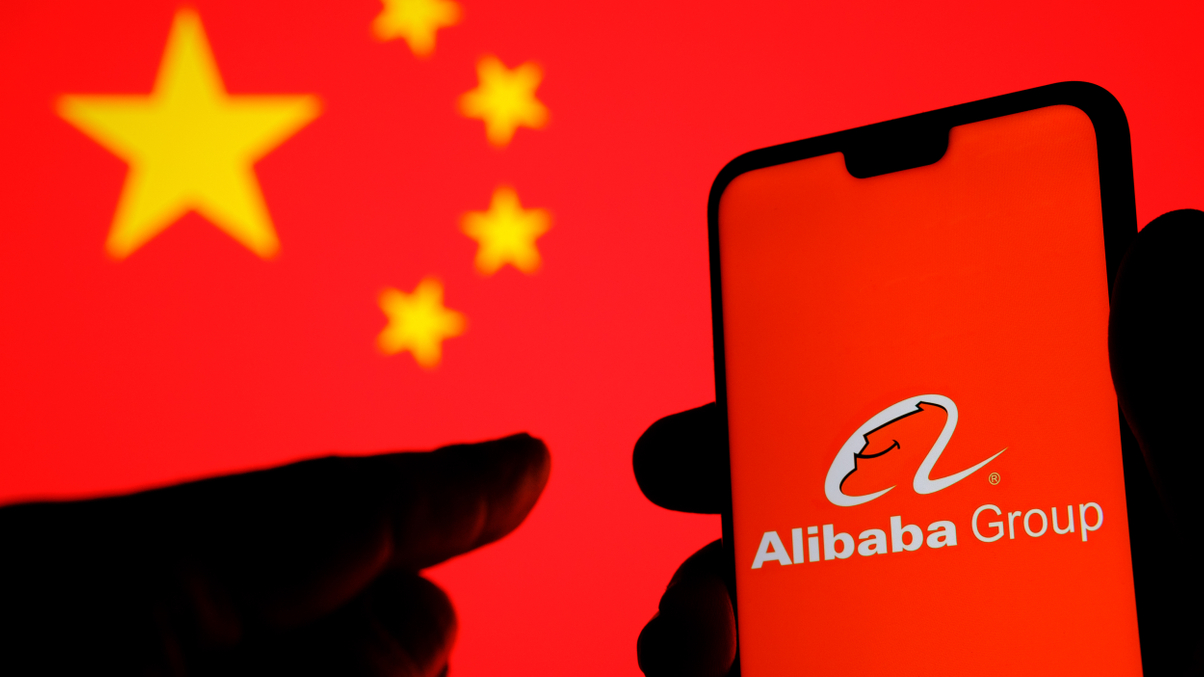KIC leaves Alibaba for Baidu shares in the US
The Korean sovereign wealth fund has divested all $221.5 million worth of its Alibaba equity investments in the US and increased its Baidu holdings by 450% by the end of June.

At the end of June, Korea Investment Corporation (KIC), the country’s sole sovereign wealth fund, cleared all $221.5 million worth of its US holdings in Chinese internet giant Alibaba while pouring new investments into competitor Baidu.
Sign in to read on!
Registered users get 2 free articles in 30 days.
Subscribers have full unlimited access to AsianInvestor
Not signed up? New users get 2 free articles per month, plus a 7-day unlimited free trial.
¬ Haymarket Media Limited. All rights reserved.


